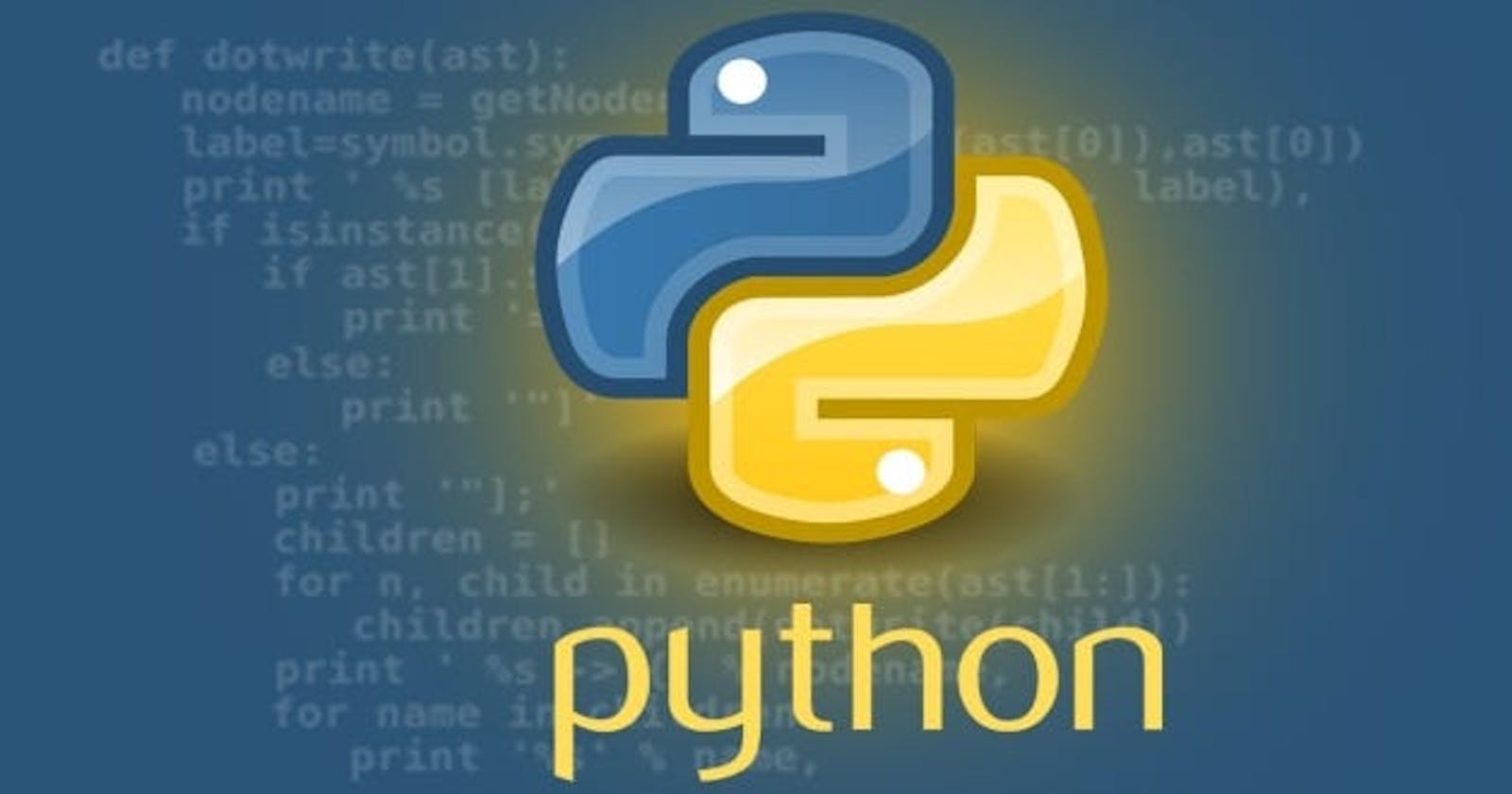Python, renowned for its simplicity and versatility, has become a cornerstone of modern programming. Its widespread adoption across various domains, from web development to data science, underscores its unique attributes and potential. In this exploration, we delve into the distinct features of Python that make it a powerhouse in the programming world and discuss strategies to harness its full potential effectively.
Readability and Simplicity:
Python's syntax is designed to be readable and intuitive, making it accessible to beginners and experts alike. With its emphasis on readability, Python code resembles plain English, reducing the learning curve and facilitating collaboration among developers.
Versatility and Portability:
Python's versatility enables it to be used across different platforms and environments without modification. Whether you're developing desktop applications, web services, or mobile apps, Python offers libraries and frameworks tailored to diverse needs, ensuring seamless integration and deployment.
Rich Ecosystem of Libraries:
One of Python's standout features is its extensive library ecosystem, offering solutions for almost any task imaginable. From scientific computing (NumPy, SciPy) to machine learning (TensorFlow, scikit-learn) and web development (Django, Flask), Python's libraries empower developers to tackle complex problems efficiently.
Community Support and Documentation:
Python boasts a vibrant and welcoming community that actively contributes to its growth and development. With ample documentation, tutorials, and online resources available, developers can easily find solutions to their queries and stay updated with the latest trends and best practices.
Interpreted and Dynamically Typed:
Python's interpreted nature allows for rapid development and testing, promoting a shorter feedback loop during the coding process. Additionally, its dynamic typing system enhances flexibility by enabling variables to change type dynamically, streamlining development without sacrificing performance.
Ease of Integration:
Python seamlessly integrates with other languages and technologies, facilitating interoperability and extending its capabilities. Whether you need to interface with C/C++ libraries using ctypes or leverage Python's robust support for web APIs, integration is seamless and hassle-free.
Scalability and Performance Optimization:
While Python is often criticized for its performance compared to lower-level languages like C or C++, advancements in optimization techniques (e.g., Cython, Numba) and parallel processing libraries (e.g., multiprocessing, Dask) have significantly improved its scalability and performance, making it suitable for handling large-scale projects and computational tasks.
Cross-Platform Compatibility:
Python's cross-platform compatibility ensures that code written on one operating system can run seamlessly on others, minimizing compatibility issues and enhancing code portability. Whether you're developing on Windows, macOS, or Linux, Python offers a consistent development experience.
Built-in Data Structures and High-level Abstractions:
Python's built-in data structures (lists, dictionaries, tuples, sets) and high-level abstractions (list comprehensions, generators) simplify complex operations and streamline code development. These features enable developers to express concepts concisely and elegantly, enhancing code readability and maintainability.
Embracing Best Practices and Code Quality:
Python promotes adherence to best practices and emphasizes code quality through features like PEP (Python Enhancement Proposals) and automated testing frameworks (e.g., pytest). By following established conventions and writing clean, modular code, developers can enhance collaboration, minimize errors, and ensure code maintainability.
Conclusion
In conclusion, Python's unique attributes, including readability, versatility, rich ecosystem, and community support, position it as a premier programming language for diverse applications. By leveraging its strengths effectively and staying abreast of advancements in the Python ecosystem, developers can maximize Python's potential and unlock endless possibilities in software development. Whether you're a novice programmer or a seasoned expert, Python offers a pathway to innovation and success in the ever-evolving world of technology. For those seeking to enhance their Python skills, a Python Training Course in Gwalior, Indore, Lucknow, Delhi, Noida, and all locations in India can provide valuable insights and practical knowledge to excel in Python development.
